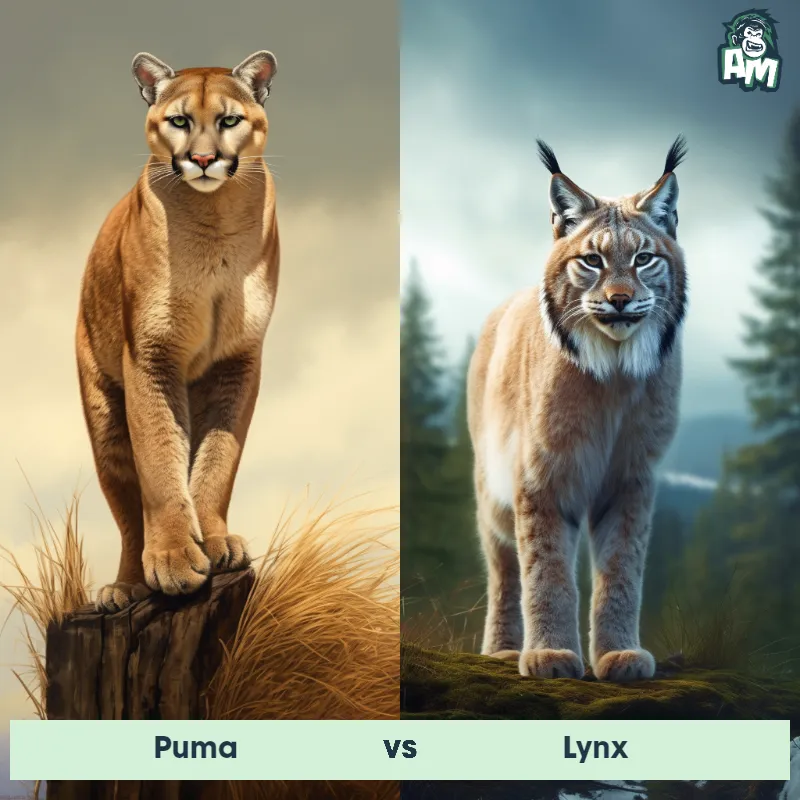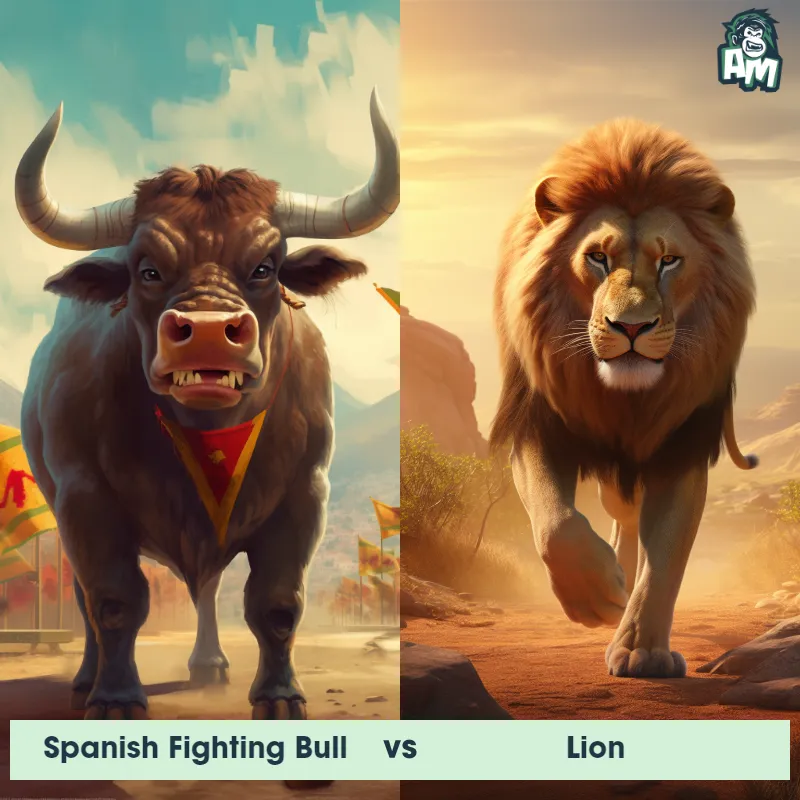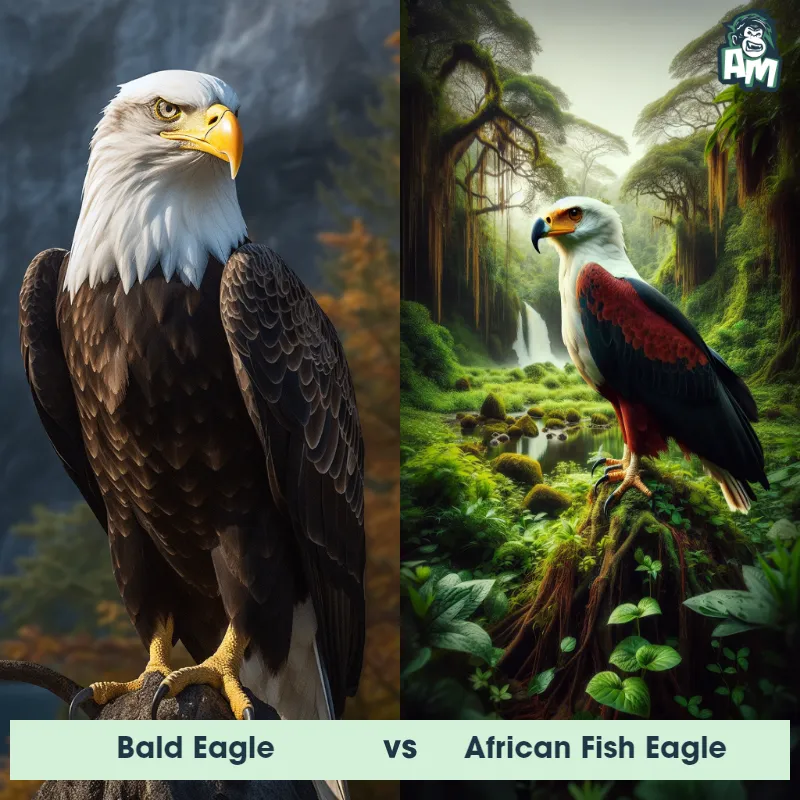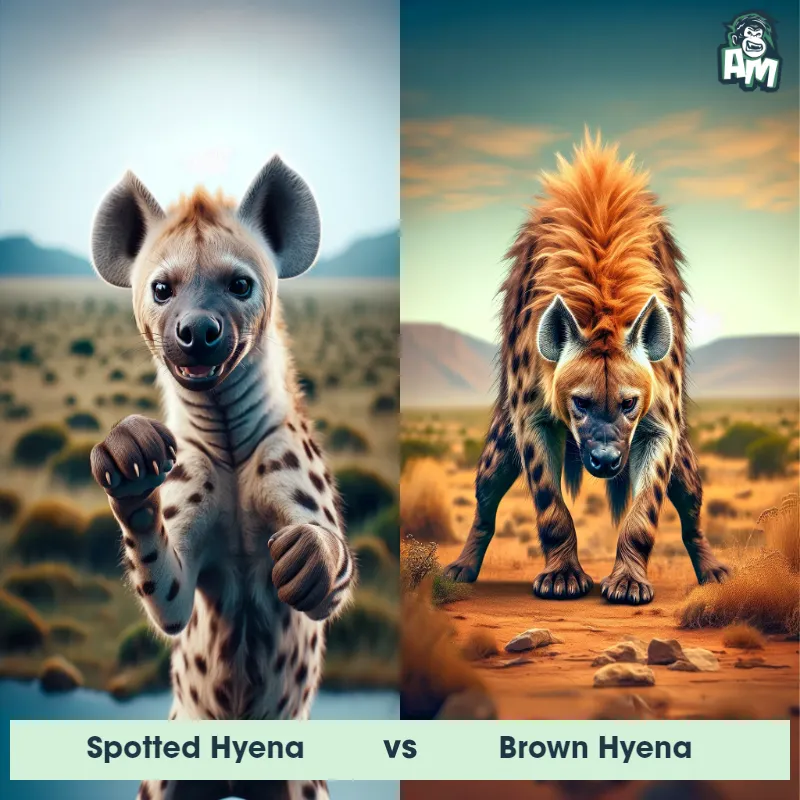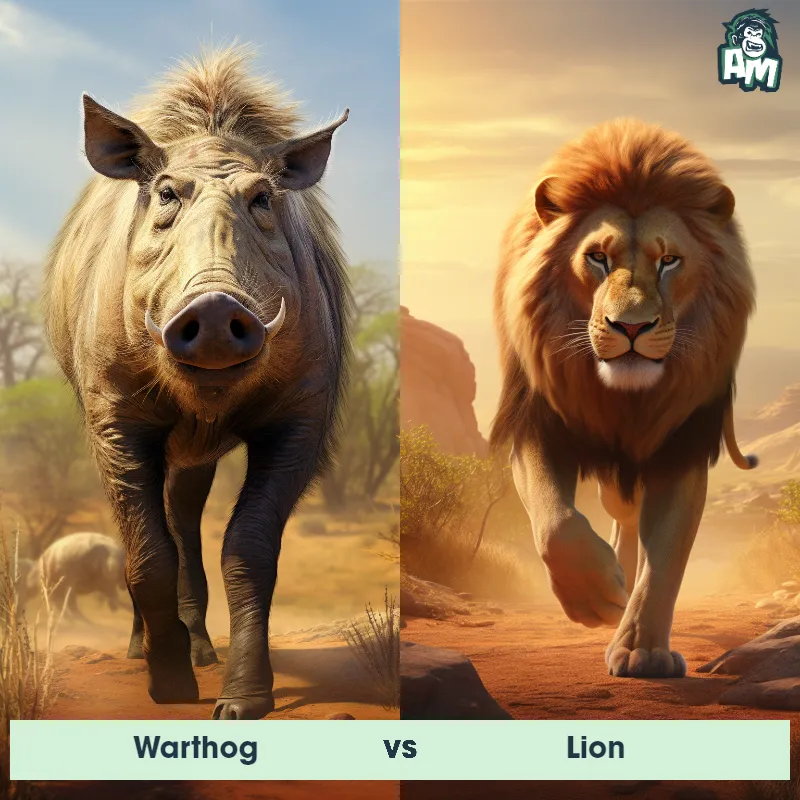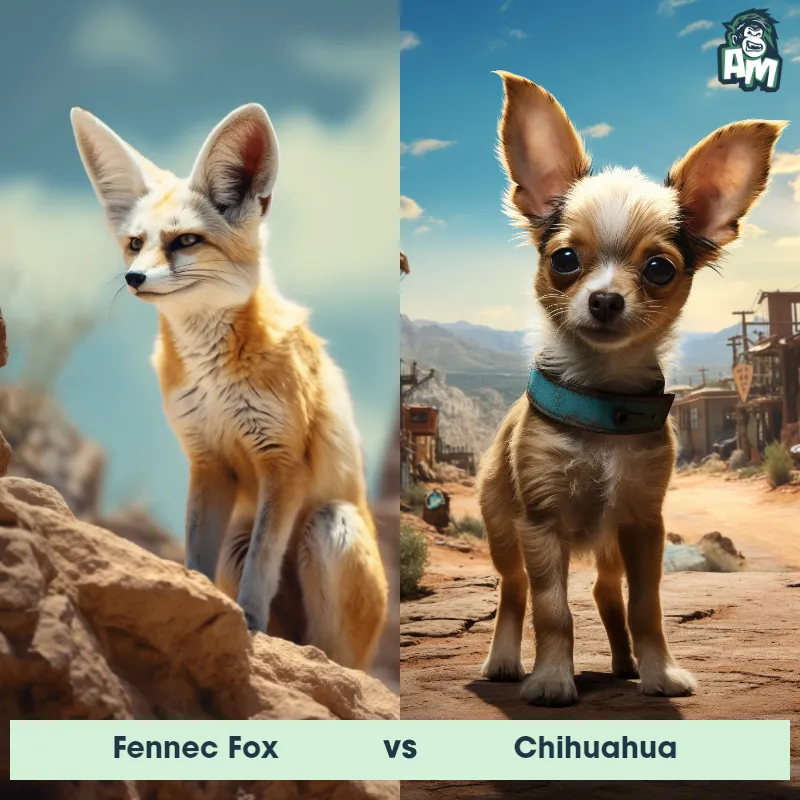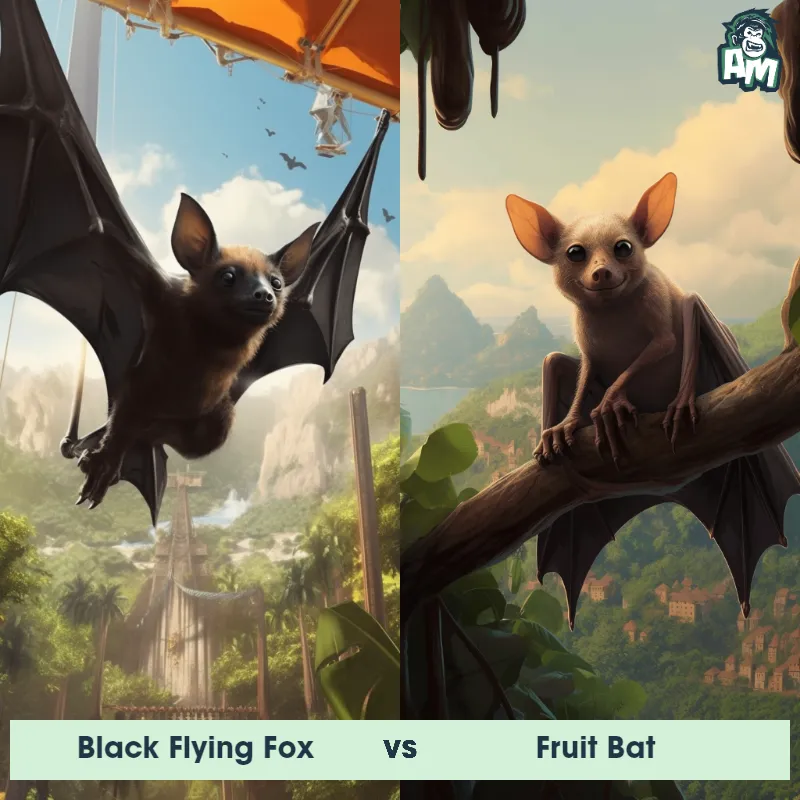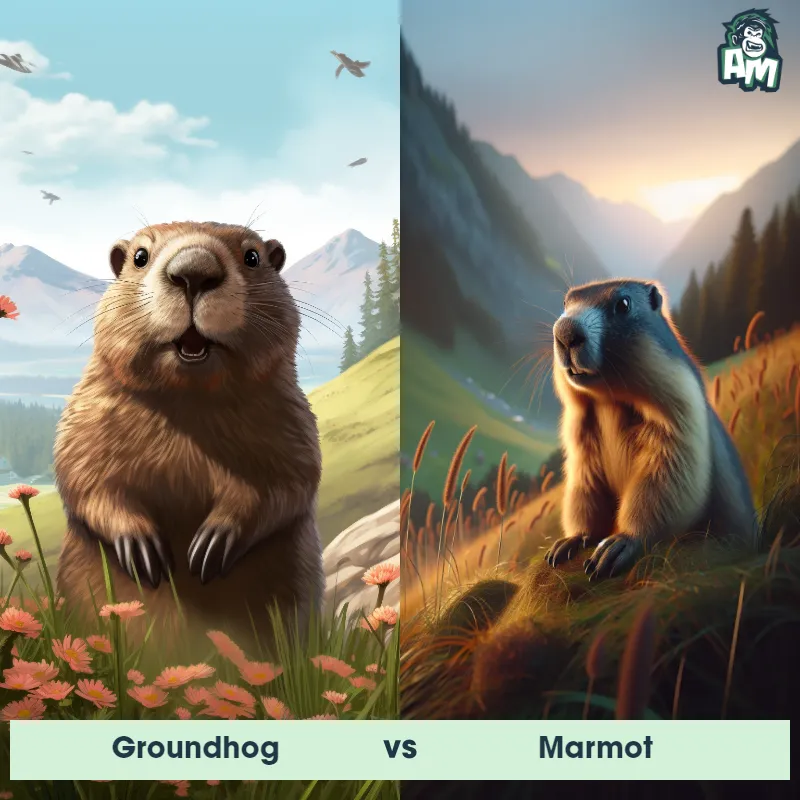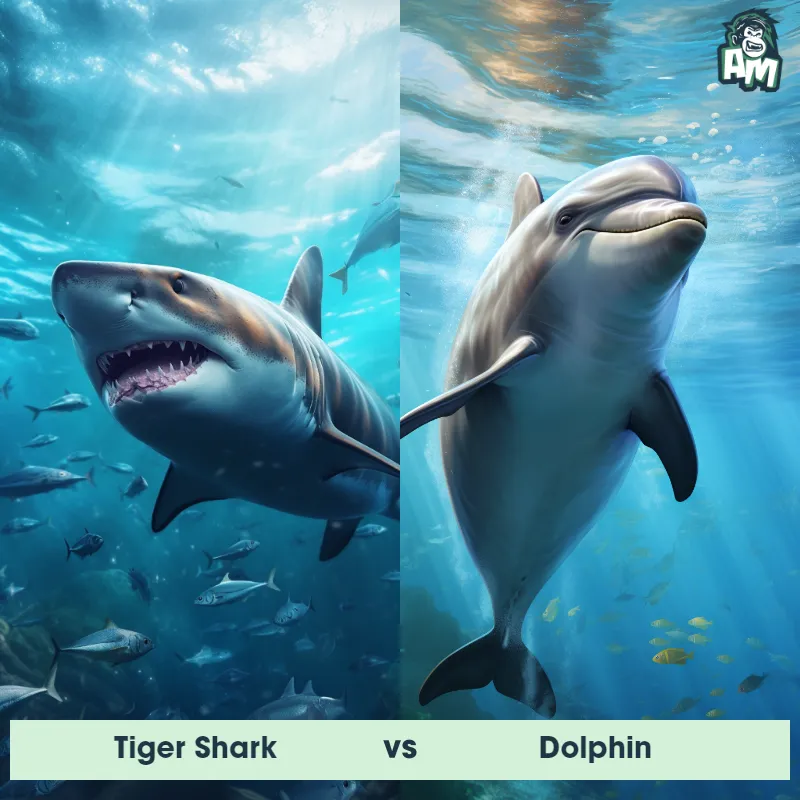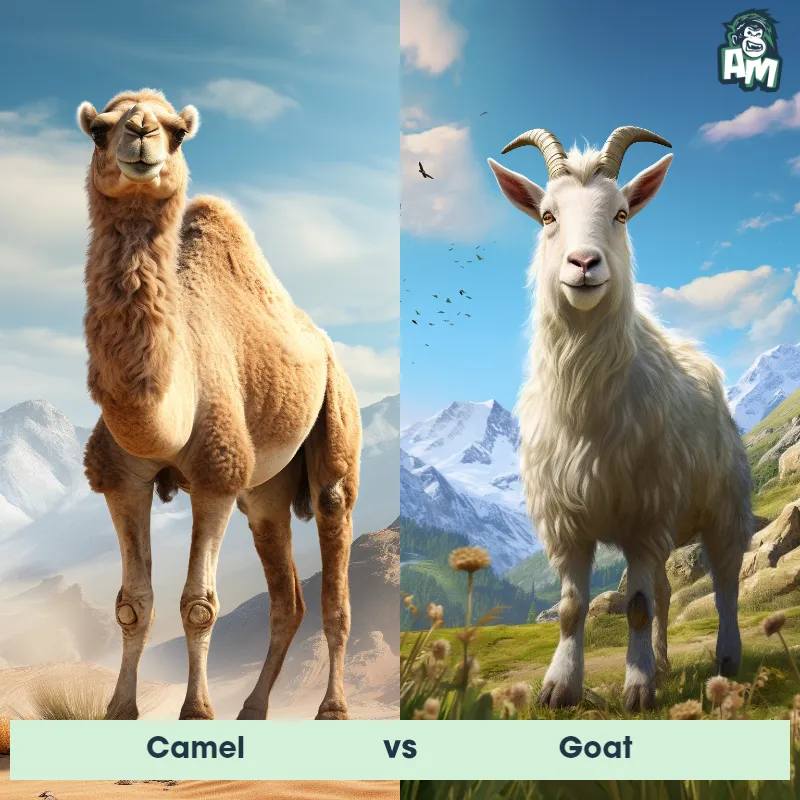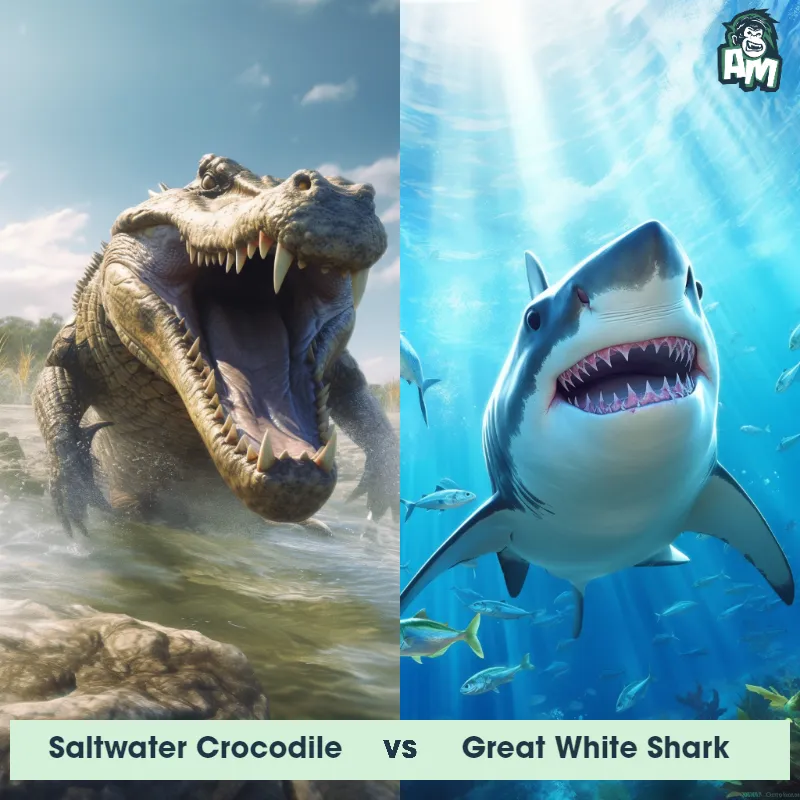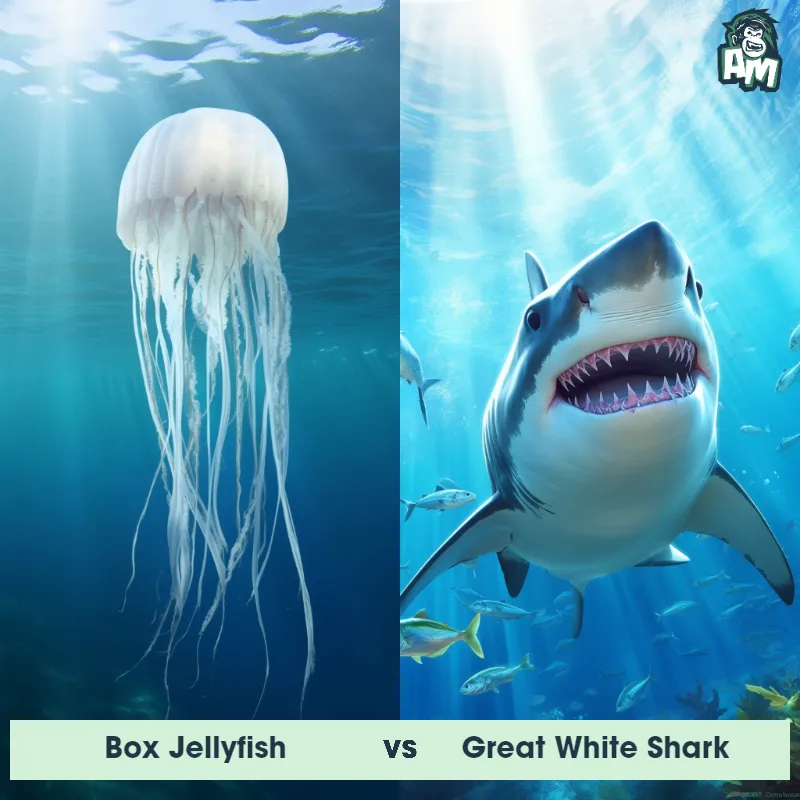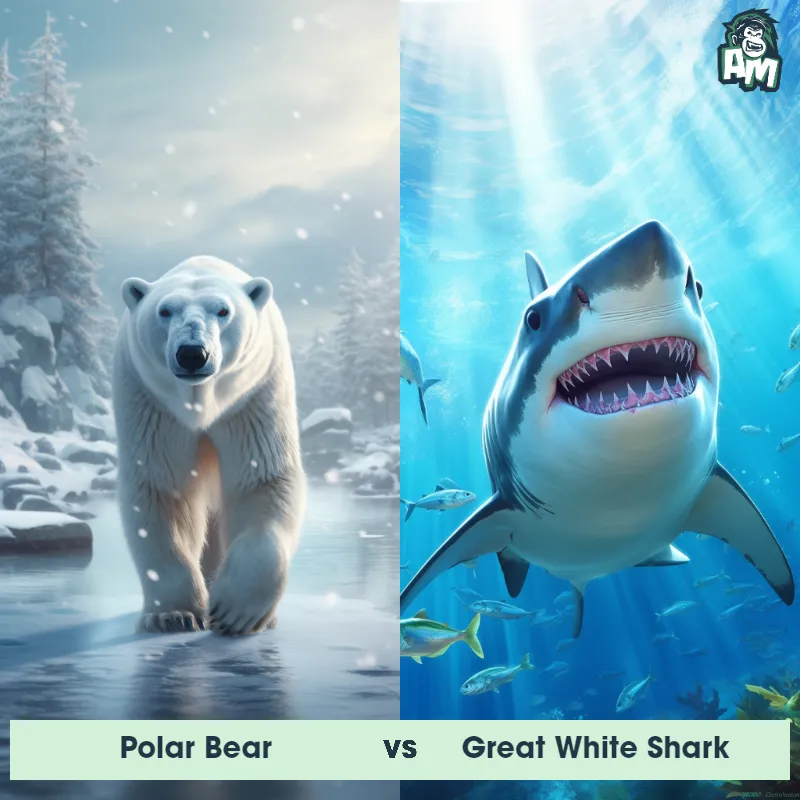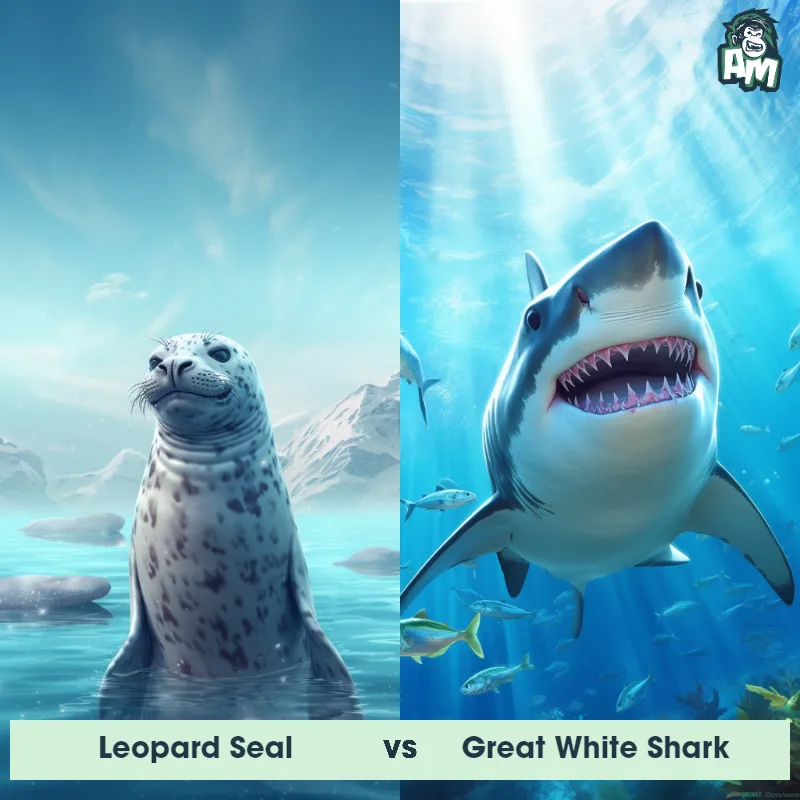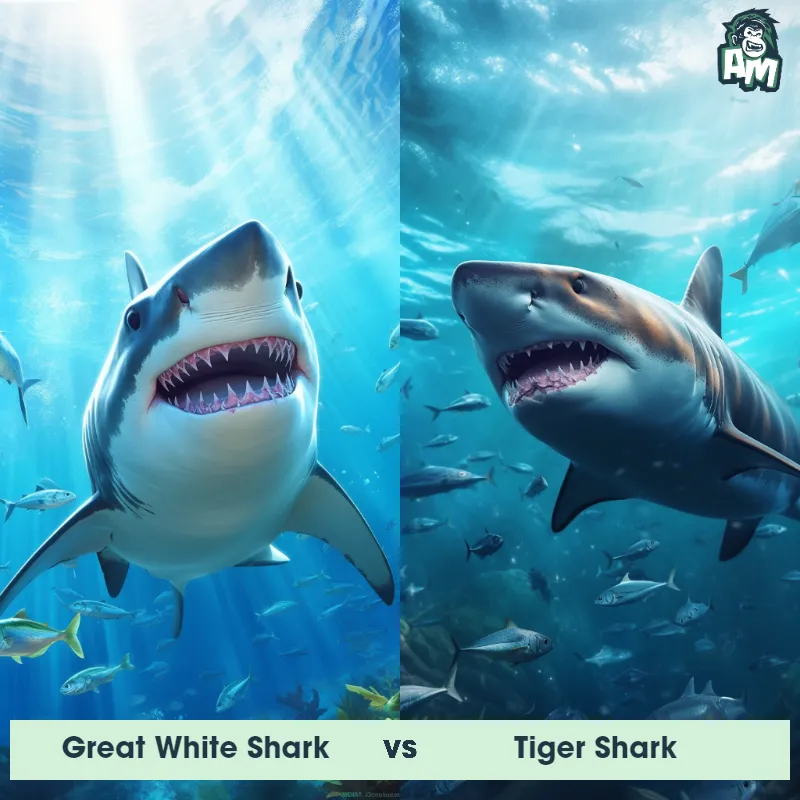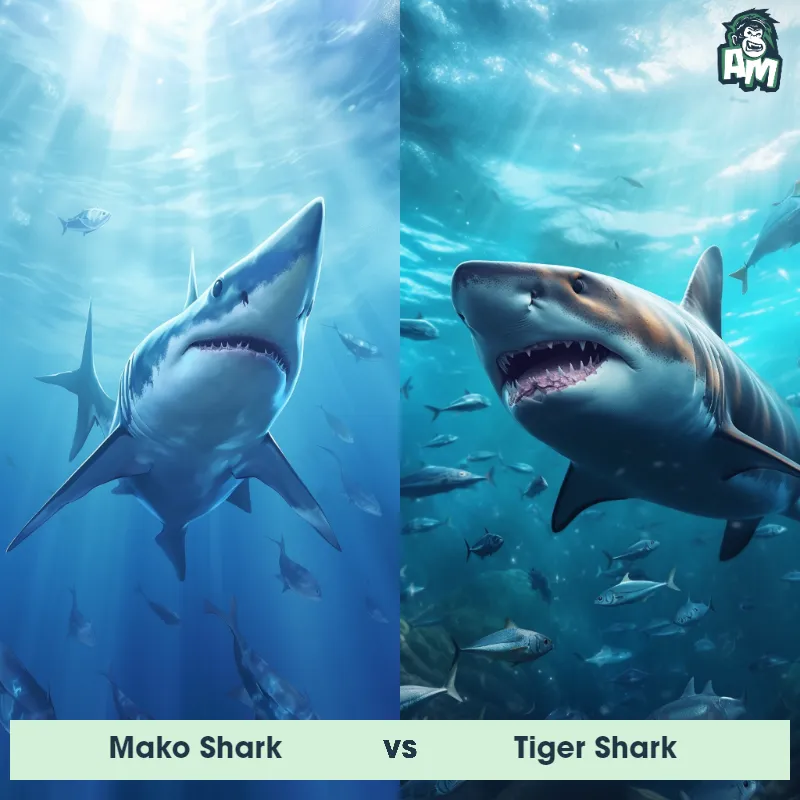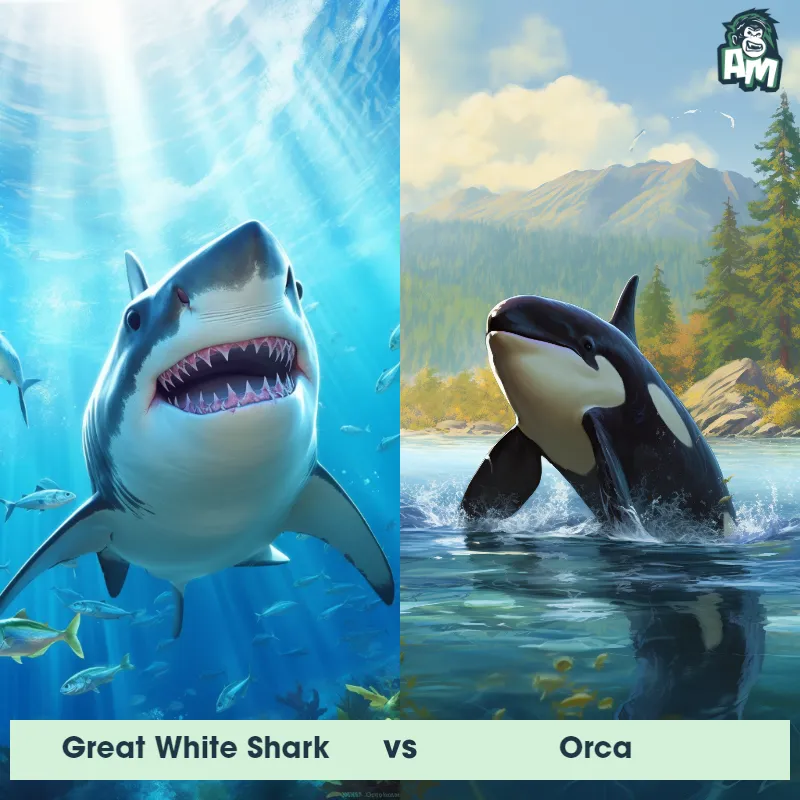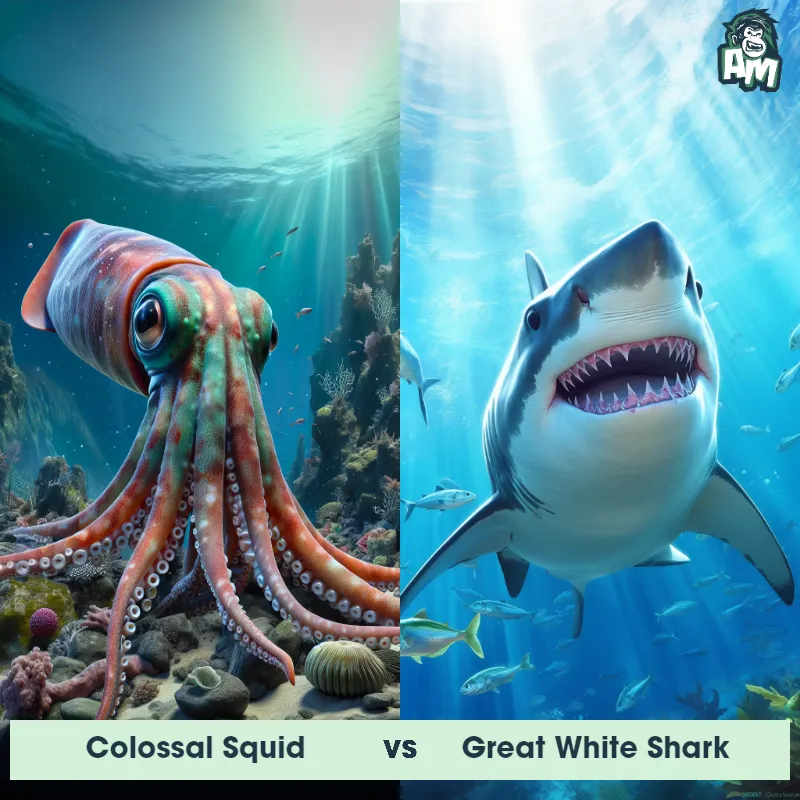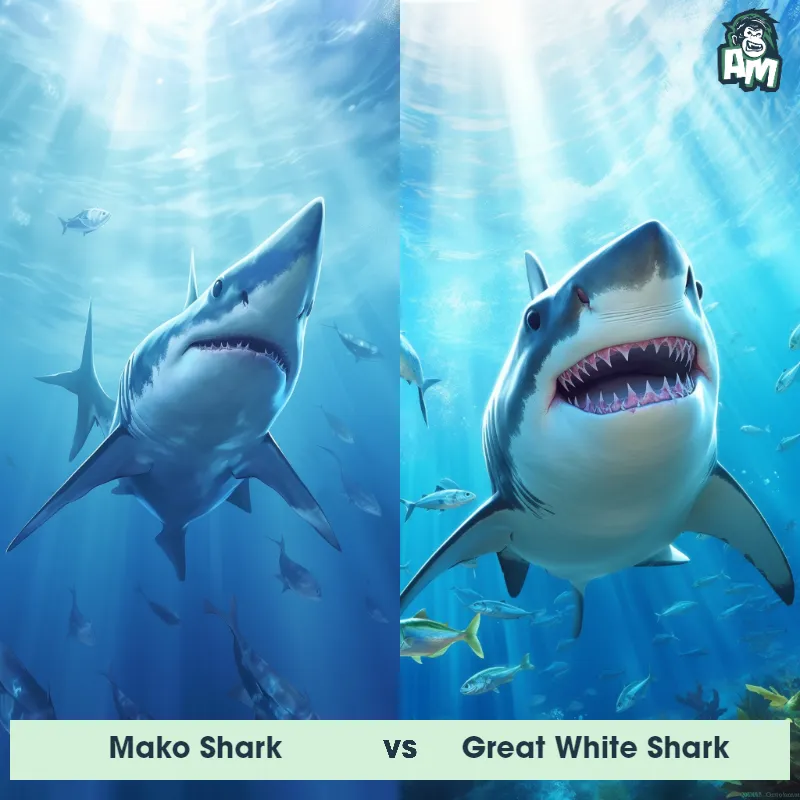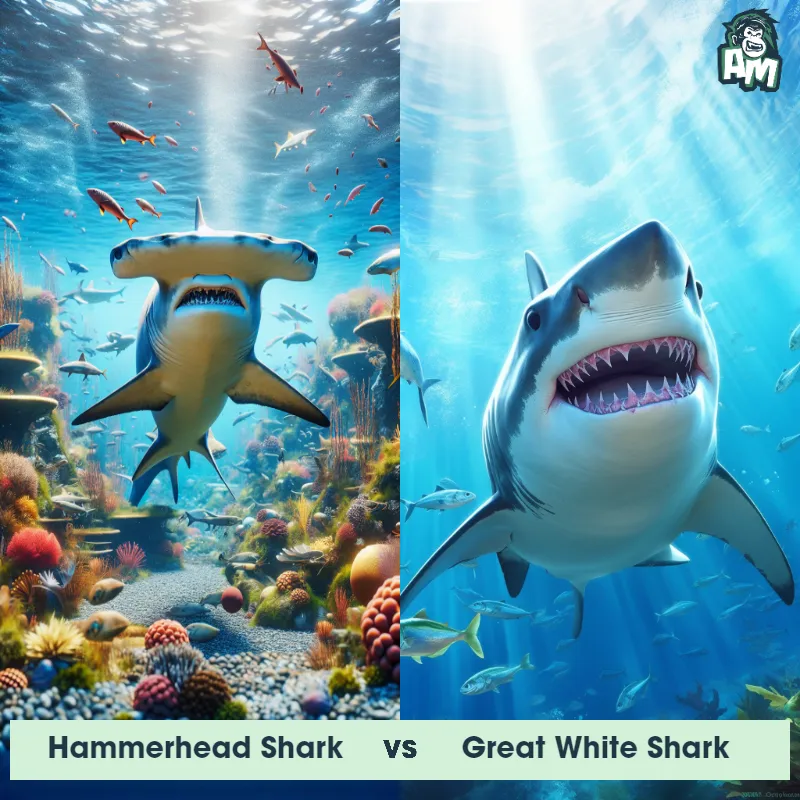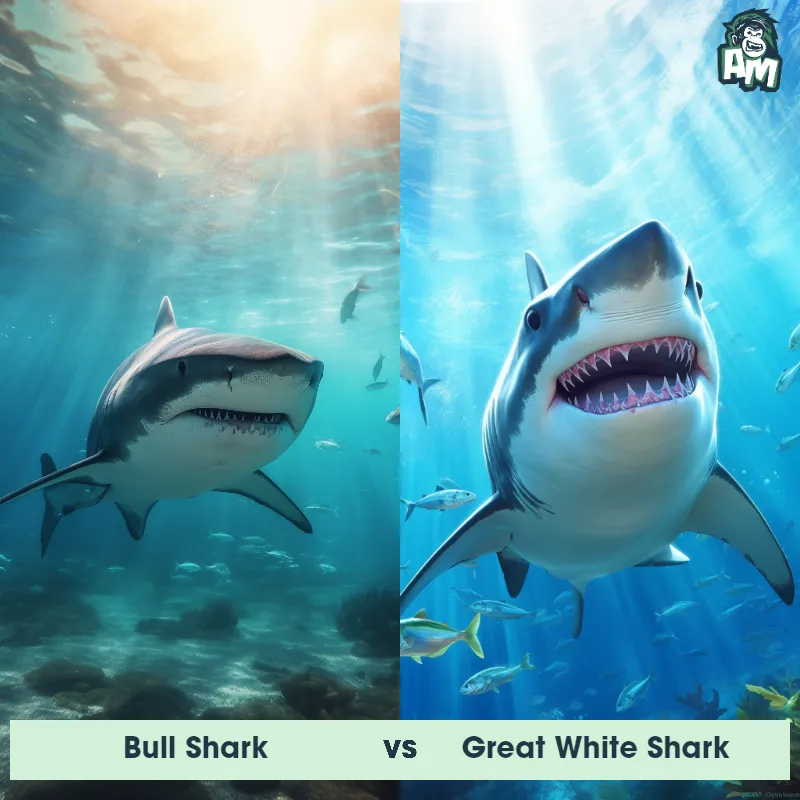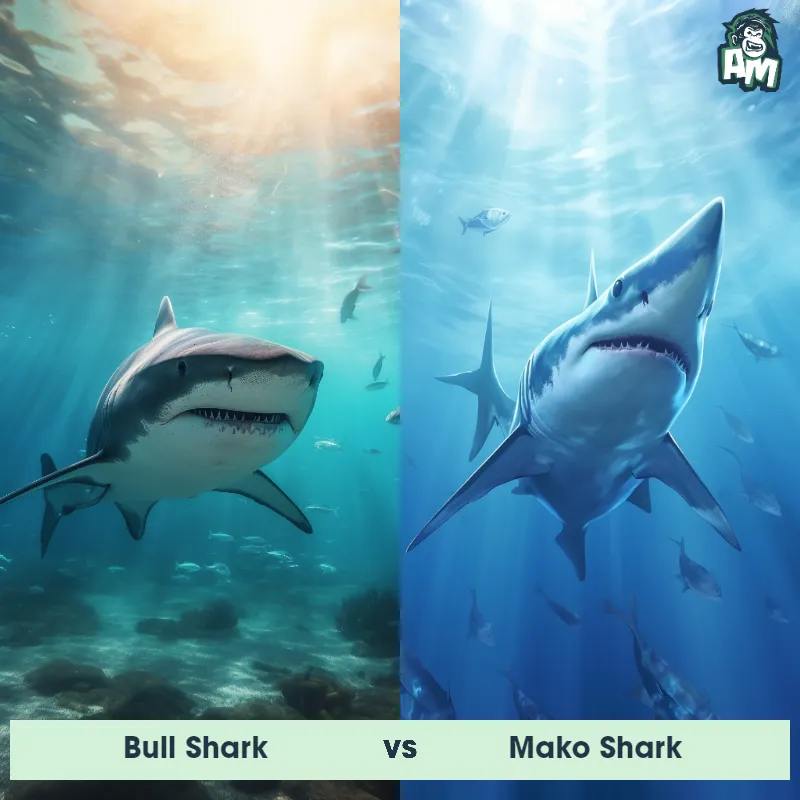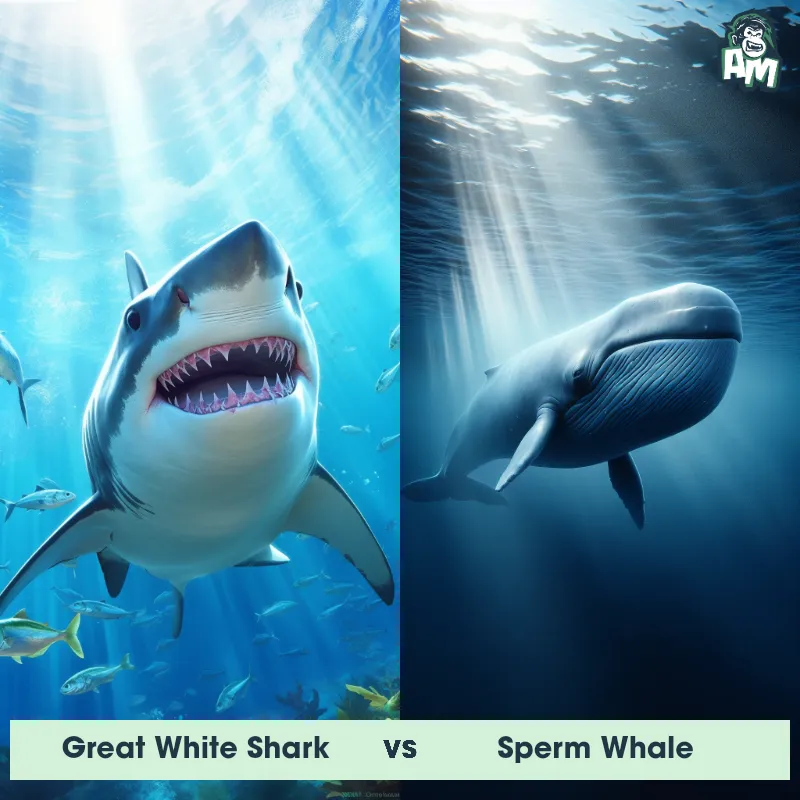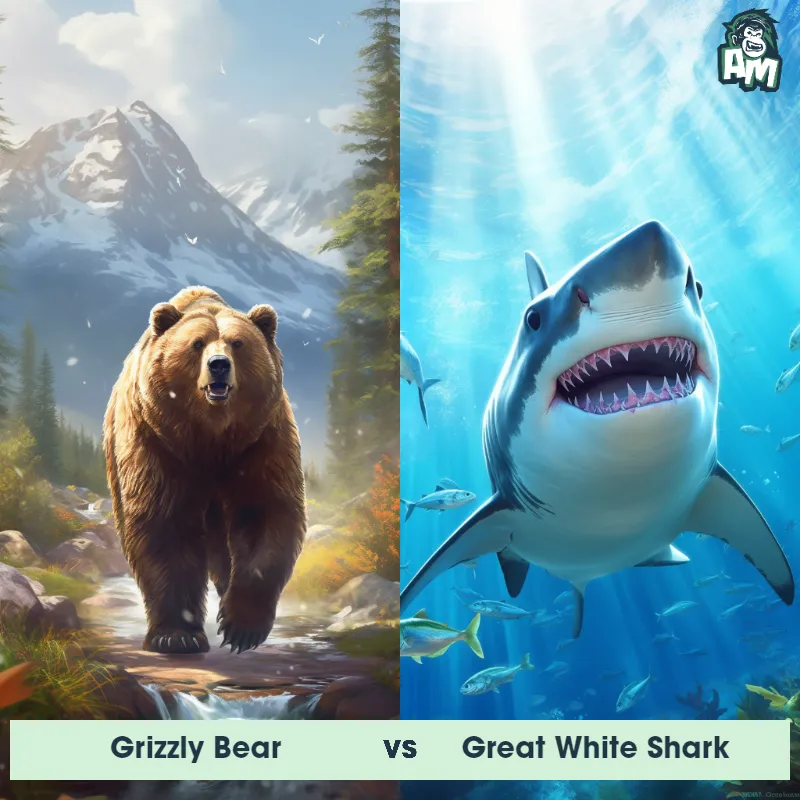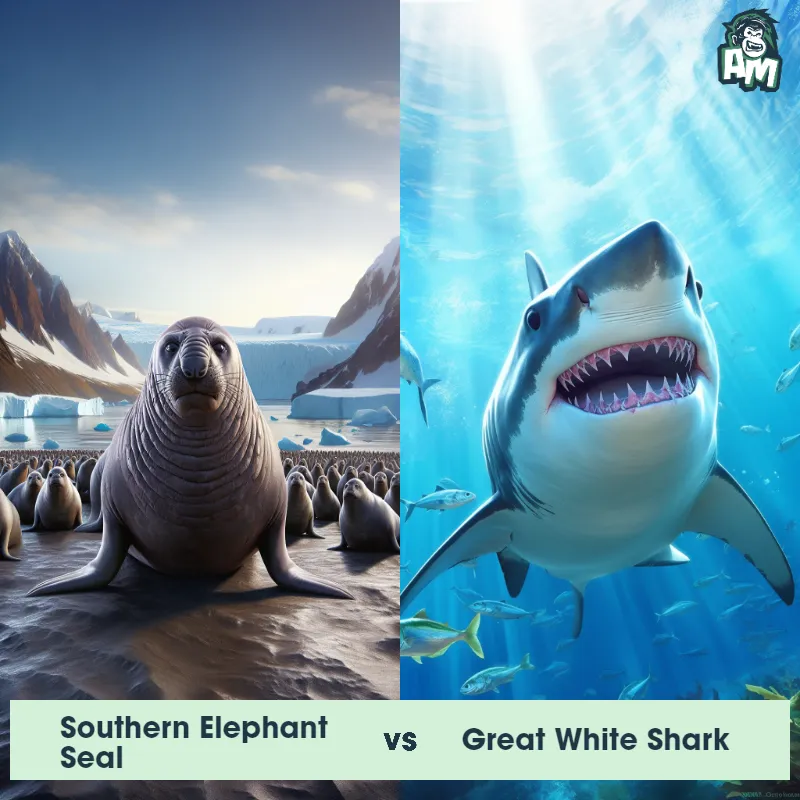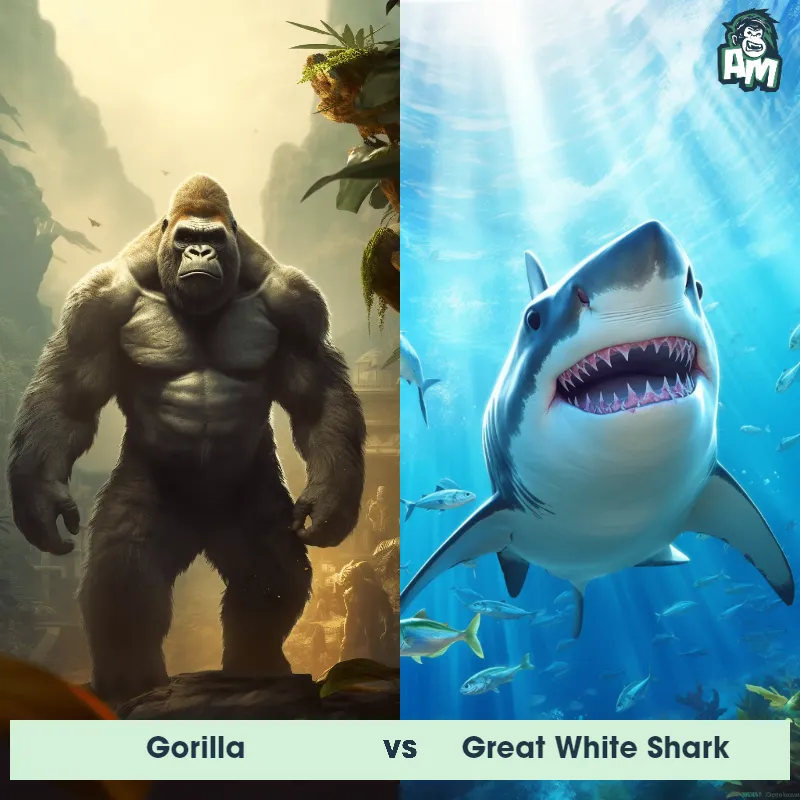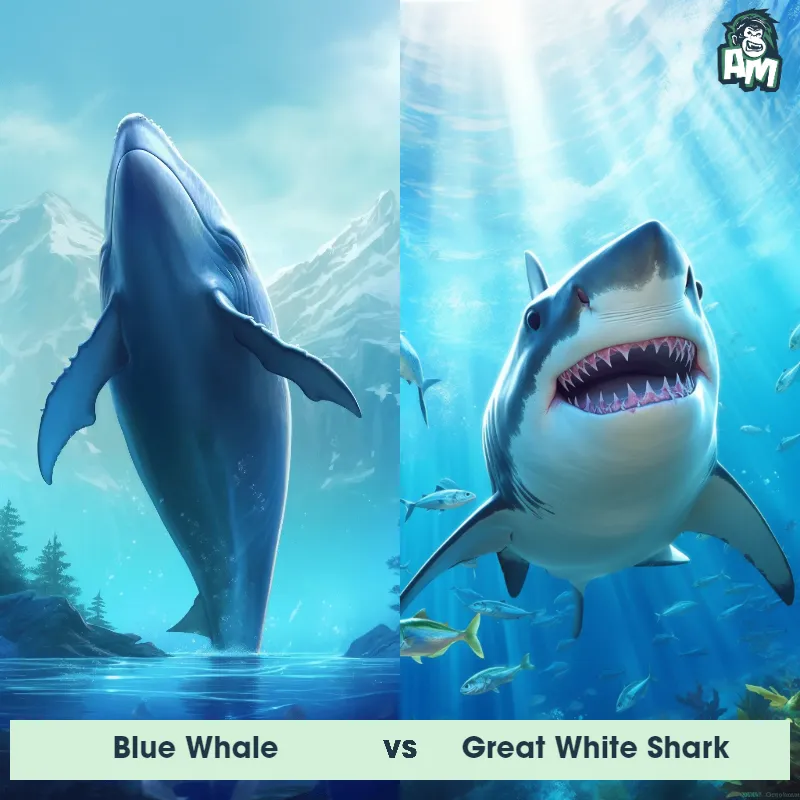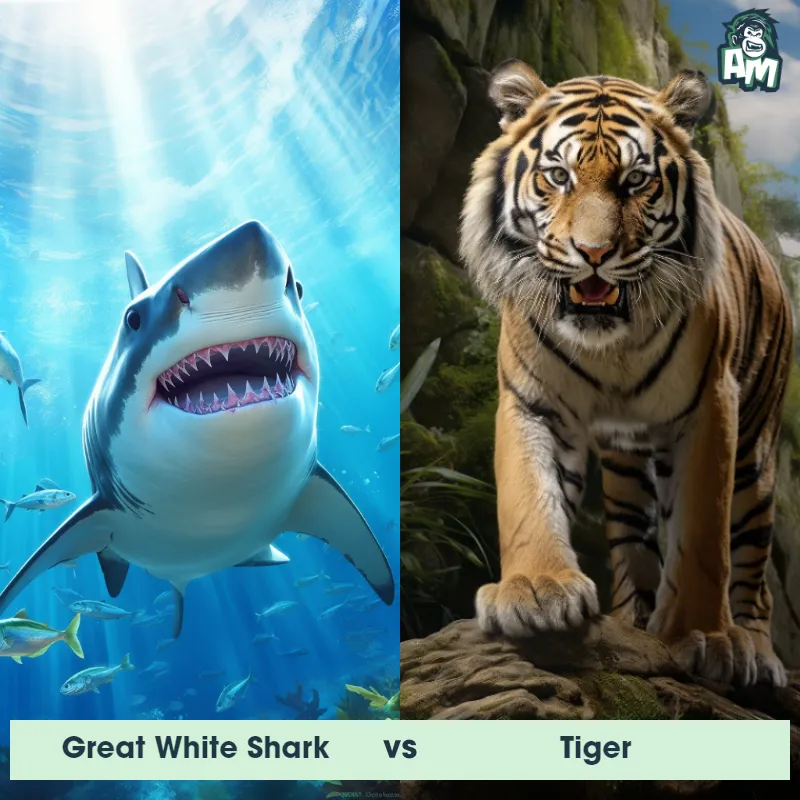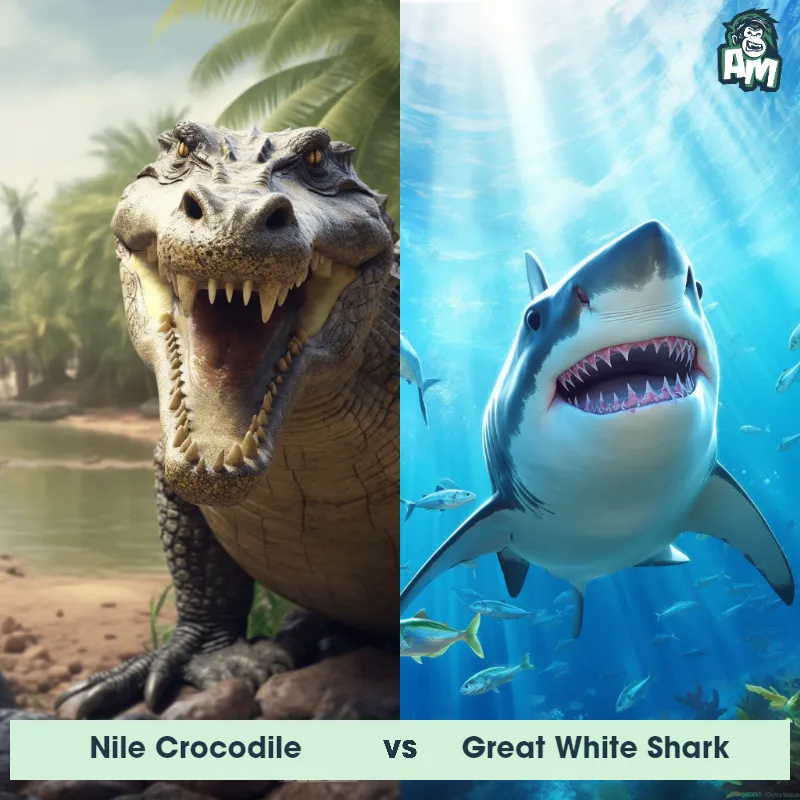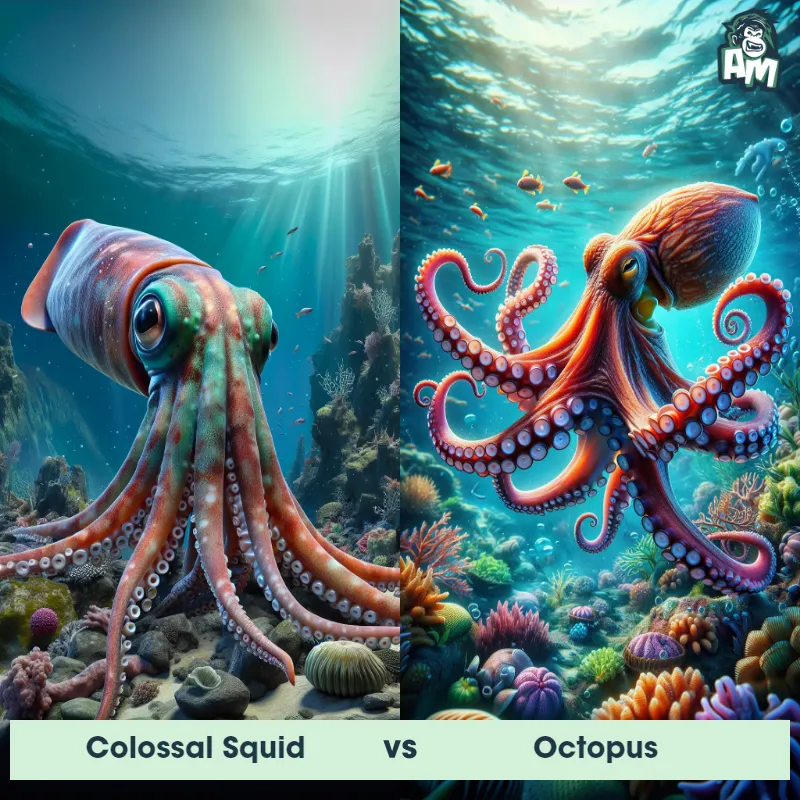Great White Shark vs OctopusSee Who Wins

Ladies and gentlemen, welcome to this extraordinary showdown deep below the ocean's surface! Get ready for an epic battle between two fierce predators. In one corner, weighing in at over 2 tons, we have the mighty Great White Shark. And in the opposite corner, with eight flexible arms that are the stuff of legend, we have the cunning Octopus. This is a showdown you won't want to miss!
Contender 1: Great White Shark
The Great White Shark, also known as the white pointer or white death, is a large predatory fish that can grow up to 20 feet in length and weigh over 5,000 pounds. They have a distinctive torpedo-shaped body, grayish-brown skin, and rows of sharp teeth that can number up to 300. Great White Sharks are found in coastal waters all over the world and are known for their powerful jaws and ability to breach the surface of the water.
Fun Fact: Great White Sharks have a unique sense of smell that allows them to detect a single drop of blood in 25 gallons of water, which is equivalent to the size of an Olympic swimming pool.
Contender 2: Octopus
The octopus is a fascinating marine creature known for its rounded body, large eyes, and eight long arms lined with suckers. They belong to the class of mollusks known as cephalopods and are widely regarded as the most intelligent invertebrates. The octopus's skin color and texture can change dramatically, a trait used for both communication and camouflage. Octopuses are carnivorous, feeding mainly on crabs, shrimp, and other small sea creatures.
Fun Fact: Octopuses have three hearts; two pump blood to the gills, while the third pumps it to the rest of the body.
Matchup Stats
| Great White Shark | Octopus | |
|---|---|---|
| Size | Up to 20 feet (6.1 meters) | Varies by species, from 1 inch (2.5 cm) to 14 feet (4.3 m) in arm span |
| Weight | Over 5,000 pounds (2,268 kilograms) | Varies by species, from less than 1 ounce (28 grams) to 600 pounds (272 kilograms) for the largest species, the Giant Pacific Octopus |
| Speed | Speed: 25 mph (40 km/hr) | 25mph (40km/h) |
| Key Strength | Powerful jaws and sharp teeth | High intelligence, ability to change skin color and texture for camouflage, and use of ink for defense |
| Biggest Weakness | Vulnerable gills and eyes | Soft body with no skeletal structure, making them vulnerable to larger predators |
Current Votes
Great White Shark vs Octopus
See Who Wins
View More Matches
Looking For More?
Similar Matches
Scientific Stats
| Great White Shark | Octopus | |
|---|---|---|
| Scientific Name | Carcharodon carcharias | Octopoda |
| Family | Lamnidae | Octopodidae |
| Habitat | Coastal waters | Marine environments, from shallow coastal waters to deep-sea trenches |
| Geography | Worldwide | Worldwide, in all oceans |
| Diet | Carnivorous, primarily seals and sea lions | Carnivorous, feeding mainly on crabs, shrimp, and other small sea creatures |
| Lifespan | 70 years - 100 years | 1 year - 5 years |
Key Differences between Great White Shark and Octopus
- Coloration: The Great White Shark has a grayish-blue or brownish-gray topside and a white or cream-colored underside, providing camouflage against its surroundings, while the Octopus exhibits a wide range of colors and patterns, including bright hues, to camouflage and communicate with its environment.
- Eyes: The Great White Shark has small, dark eyes positioned on the sides of its head, providing a wider field of vision, whereas the Octopus has large, protruding eyes that offer excellent depth perception but a more limited field of view.
- Skin texture: The Great White Shark has a rough, sandpaper-like skin covered in small, tooth-like scales called dermal denticles, whereas the Octopus has a smooth, soft, and often slimy skin.
- Body shape: The Great White Shark has a streamlined, torpedo-shaped body with a prominent dorsal fin, while the Octopus has a soft, flexible body with no clearly defined shape or external fins.
- Size: The Great White Shark is significantly larger than the Octopus, with an average adult length of around 15-20 feet, whereas the Octopus generally ranges from a few inches to a maximum of around 3 feet in length.
- Appendages: The Great White Shark has two large pectoral fins, a large triangular dorsal fin, and a powerful, crescent-shaped tail, whereas the Octopus possesses eight long, flexible arms (or tentacles) with suckers to capture prey and move around.



